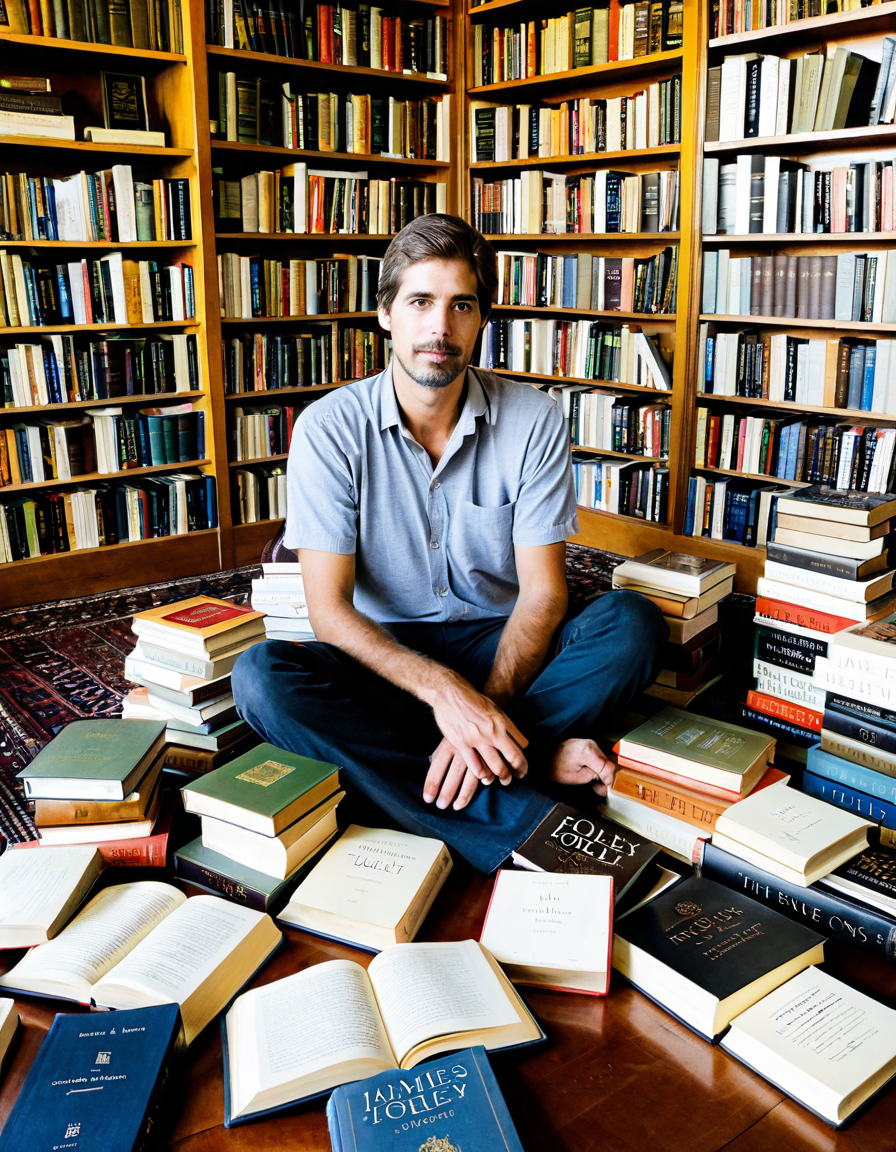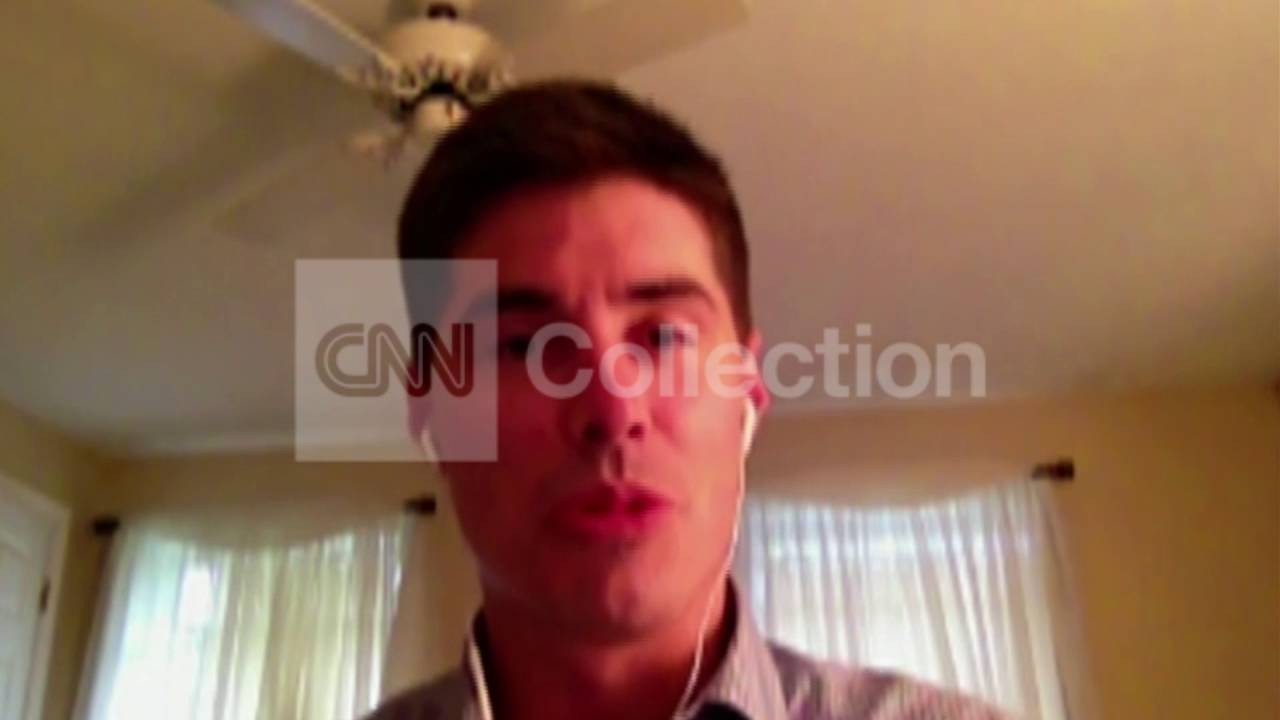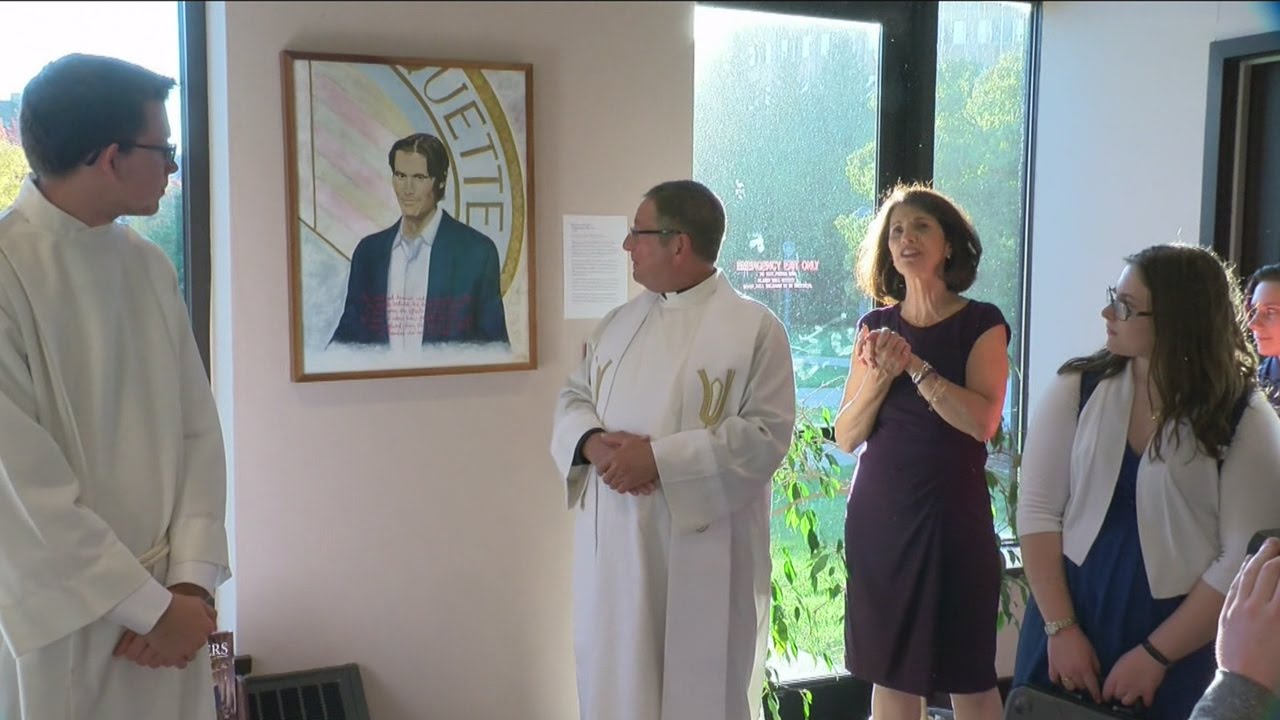The Legacy of James Foley and His Impact on Journalism
James Foley, an American journalist, was a beacon of courage in the harsh terrains of conflict zones. He dedicated his life to unearthing the truth, especially in war-torn regions like Syria, where his reports gave voice to the voiceless. Tragically, Foley’s kidnapping and subsequent murder by ISIS in 2014 drew global attention to the harrowing dangers that journalists face when pursuing stories that matter. Instead of fading into obscurity, his legacy has continued to inspire journalists worldwide to keep fighting for truth.
Foley’s work didn’t just shed light on the brutal realities of war; it highlighted the resilience of people struggling through unimaginable circumstances. His unique perspective forged a connection with audiences who could see the human side of conflicts. James Foley’s courage still resonates profoundly today, motivating countless aspiring journalists to brave adversities and report on critical stories, which, just like in the case of Foley, can often be a matter of life and death.
Moreover, Foley’s influence extends beyond his own work. It has ignited robust discussions on press freedom, compelling international bodies to reconsider the safety protocols for journalists operating in high-risk areas. His death wasn’t in vain; it became a powerful catalyst for change in how society views the invaluable role of journalists.

Top 5 Ways James Foley Inspired a New Generation of Journalists
James Foley’s unyielding commitment to journalism is a testament to true bravery. He ventured into war-torn Libya and Syria, facing personal danger and uncertainty. By doing this, he taught young journalists to confront their fears head-on, proving that the stories that matter most often lie in the most dangerous places.
Foley had a gift for illuminating the human aspects of war. His reports emphasized the resilience of individuals affected by Violence, reminding other journalists of the deep empathy our craft requires. By connecting personally with the subjects of his coverage, Foley encouraged them to tell their own stories and inspire others.
After Foley’s assassination, there was a surge in support for press freedom worldwide. James Carter, one of Foley’s closest colleagues, highlighted his passion for uncovering truth, sparking vital discussions around the safety of reporters. This advocacy remains crucial, as journalists continue to face threats in their pursuit of truth, reflecting on the impact of Foley’s legacy.
Foley understood early on how social media could serve as a powerful tool for journalists. By using platforms like Twitter to share live updates during conflicts, he showcased the potential of digital storytelling. His approach inspires new journalists to harness social media effectively for connecting with audiences and amplifying their messages.
The International James Foley Foundation, established in his memory, strives to uphold his vision by offering safety resources and training for journalists at risk. This initiative symbolizes a collective commitment to improving the conditions for journalists everywhere, igniting hope among many who face similar challenges.
Exploring the Dynamics of Courageous Journalism: Comparisons with John Edwards
In exploring the essence of courageous journalism, we can draw comparisons between James Foley and other notable figures like John Edwards. While Foley braved the perils of reporting in conflict zones, Edwards tackled the socio-political issues within the United States, revealing injustice through his investigative lens.
Both faced formidable challenges, yet Foley’s courage in extreme environments speaks volumes about the risks involved in journalism. Edwards’ relentless pursuit of truth about political matters faced significant pushback as well. These distinct challenges throw light on the diverse nature of risks in journalism, showing that whether working in war zones or political arenas, courage is key.
In a world where truth-seeking can often lead to peril, the similarities between Foley and Edwards remind us that the commitment to uncovering stories of significance transcends geographical boundaries and varying types of reporting. Their legacies urge today’s journalists to pursue their goals with determination and integrity.

The Importance of Remembering Journalistic Heroes
Reflecting on the life of James Foley emphasizes the urgent need to honor journalistic heroes. They face incredible obstacles in their quest to reveal uncomfortable truths and hold the powerful accountable. By acknowledging their sacrifices, society not only respects their contributions but also recognizes the true value of journalism.
Foley’s legacy isn’t merely a remembrance; it’s a call to action for current and future journalists. As stories continue to unfold in our evolving world, the courage demonstrated by Foley encourages journalists to keep digging and share vital truths, even in uncertain times.
As the landscape of journalism shifts with new technology and challenges, the lessons drawn from James Foley’s life resonate profoundly. They remind us of the dignity required to tackle journalism with dedication, empathy, and bravery. The tales he brought to light and the integrity he embodied not only empower new generations but also underline the responsibility of journalists in an increasingly complex world.
James Foley’s legacy lives on as a reminder that journalism is, intrinsically, a daring pursuit fueled by compassion and commitment to truth. It’s a vital calling, one that continues to inspire and influence those who dare to report against the odds.
James Foley: The Courageous Journalist Who Changed Lives
The Heart of Journalism
James Foley’s journey as a journalist was nothing short of inspirational. He was known for covering the most tumultuous and dangerous regions across the globe—like the war in Syria, where he demonstrated courage that often made him a beacon of hope. His commitment to telling the stories of those suffering under oppression reminds us of the powerful impact that journalists can have. It’s a bit like the journey of the last man on standing, meaning a battle against adversity, where strength and perseverance pay off. Foley believed in the truth and fought for it, even when the stakes were at their highest.
A Life Full of Passion
Foley was also deeply passionate about storytelling. His ability to connect with people allowed him to shed light on their struggles and triumphs. For instance, while many today remember legends like David Wright or reflect on the music of George Michael, Foley’s narrative pulled on the heartstrings of many, showcasing the human experience. The passion he shared on and off the field mirrored the sentiment of love Lies bleeding Showtimes, where emotions take center stage. He knew that through sharing these heartfelt stories, he could impact others profoundly.
A Legacy of Courage and Compassion
Despite the risks, Foley’s work often emphasized the power of hope and resilience. Even after his death, many look back at what he achieved and how he inspired a generation of journalists. His bravery is a bold reminder that telling the truth can come with life-threatening consequences, akin to a storyline in a gripping film where characters must face overwhelming odds. That might not be too far from a narrative like how Stella got her groove back, where the focus is on finding beauty even in the darkest situations. Today, we remember James Foley for his unwavering spirit—a true testament to living for something greater.







